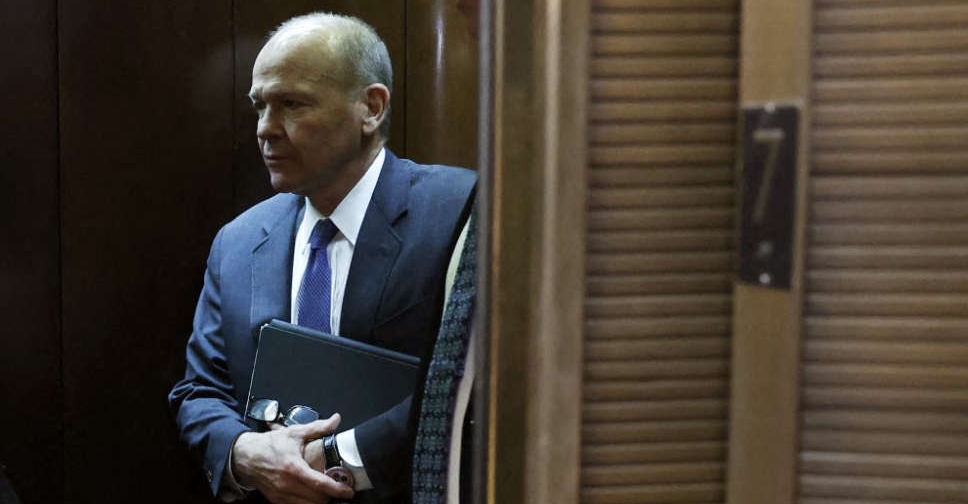
Boeing's CEO Dave Calhoun will step down by year-end, in a broad management shakeup brought on by the planemaker's sprawling safety crisis stemming from a January mid-air panel blowout on a 737 MAX plane.
The planemaker also said that Stan Deal, Boeing Commercial Airplanes President and CEO, would retire, and Stephanie Pope would lead that business. Steve Mollenkopf has been appointed the new chair of the board.
The leadership change caps weeks of turmoil at Boeing, after the mid-air incident involving an Alaska Airlines-operated MAX 9 jet carrying 171 passengers turned into a full-blown safety and reputational crisis for the iconic planemaker.
The company is facing heavy regulatory scrutiny and US authorities curbed production while it attempts to fix safety and quality issues.
Boeing is in talks to buy its former subsidiary Spirit AeroSystems to try to get more control over its supply chain.
Last week, a group of US airline CEOs sought meetings with Boeing directors without Calhoun to express concern over the Alaska Airlines 737 MAX 9 accident, saying it was an unusual sign of frustration with the manufacturer's problems and Calhoun.
Calhoun, an industrial veteran who has held top positions at several troubled companies, was given the CEO role in January 2020 with the mandate of steering the planemaker through a series of crises emanating from the two MAX crashes and a pandemic led slump in demand for new jets.
Following the incident, the FAA curbed Boeing production to a rate of 38 jets per month, but CFO Brian West said last week it had not even reached that figure.
Since Calhoun took the reins, the company has endured ongoing delays to production. Still, in October, Calhoun was upbeat over how fast Boeing could raise output of its MAX jets, saying Boeing would get back to 38 jets a month and was "anxious to build from there as fast as we can."
But weeks after the mid-air cabin panel blowout in January, Calhoun said it's time to "go slow to go fast."
The company's crisis has frustrated airlines already struggling with delivery delays from both Boeing and its rival Airbus, and the planemaker has been burning more cash than expected in this quarter than expected.
"For years, we prioritized the movement of the airplane through the factory over getting it done right, and that's got to change," West said last week.
The company's main rival, Airbus, clinched orders for 65 jets from two of Boeing's key Asian customers recently, in what some saw as a sign of executives' concerns about Boeing.

 Nasdaq set to confirm bear market as Trump tariffs trigger recession fears
Nasdaq set to confirm bear market as Trump tariffs trigger recession fears
 Dana Gas and Crescent Petroleum exceed 500M boe in Khor Mor field
Dana Gas and Crescent Petroleum exceed 500M boe in Khor Mor field
 China to impose tariffs of 34% on all US goods
China to impose tariffs of 34% on all US goods
 Shares bruised, dollar crumbles as Trump tariffs stir recession fears
Shares bruised, dollar crumbles as Trump tariffs stir recession fears
 Wall Street futures sink as tariffs fuel recession fears
Wall Street futures sink as tariffs fuel recession fears




